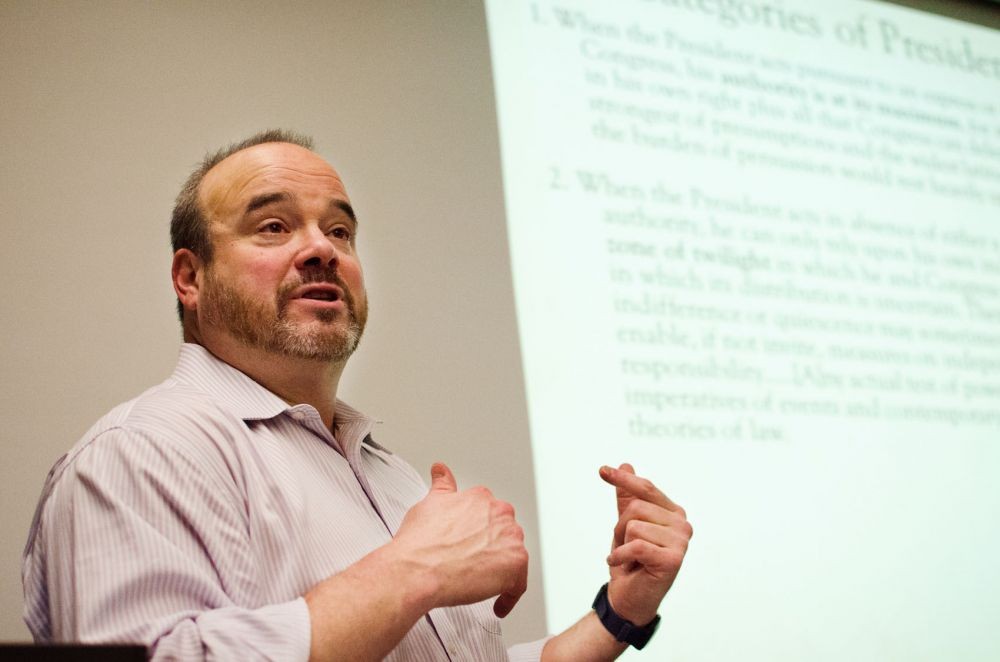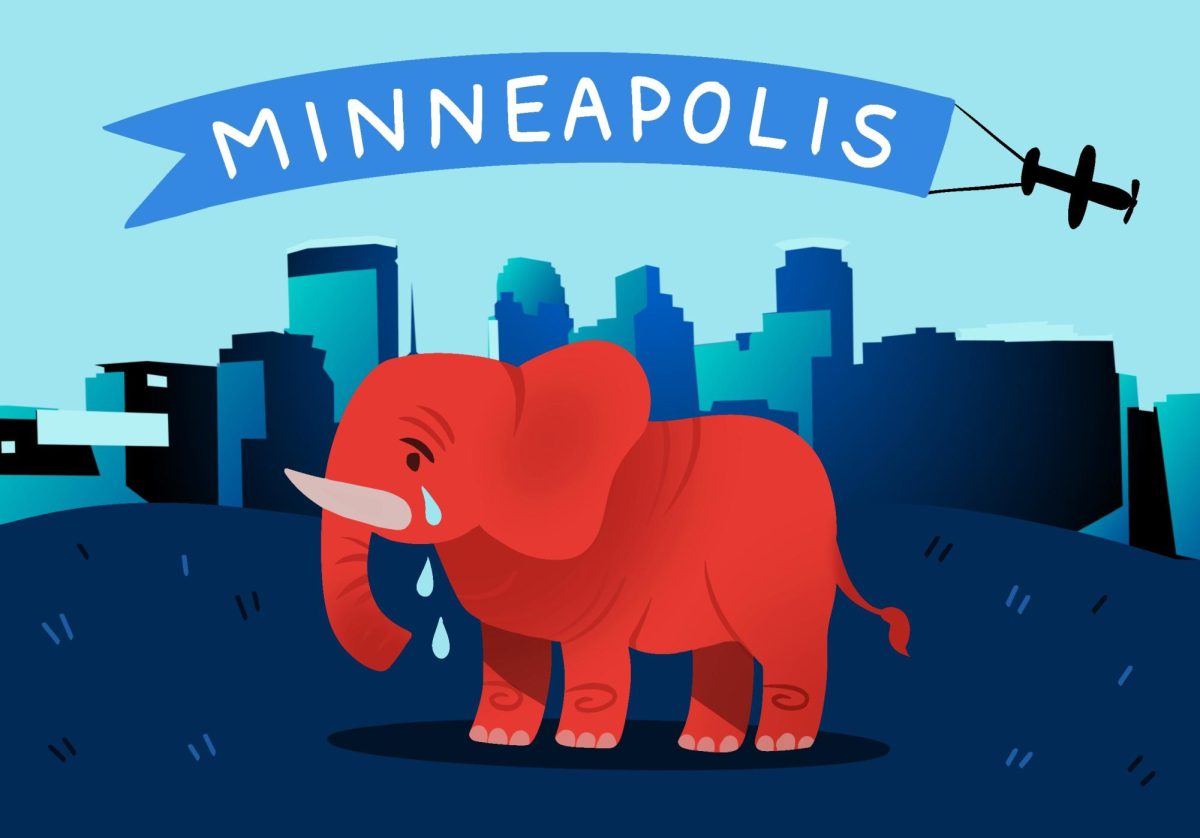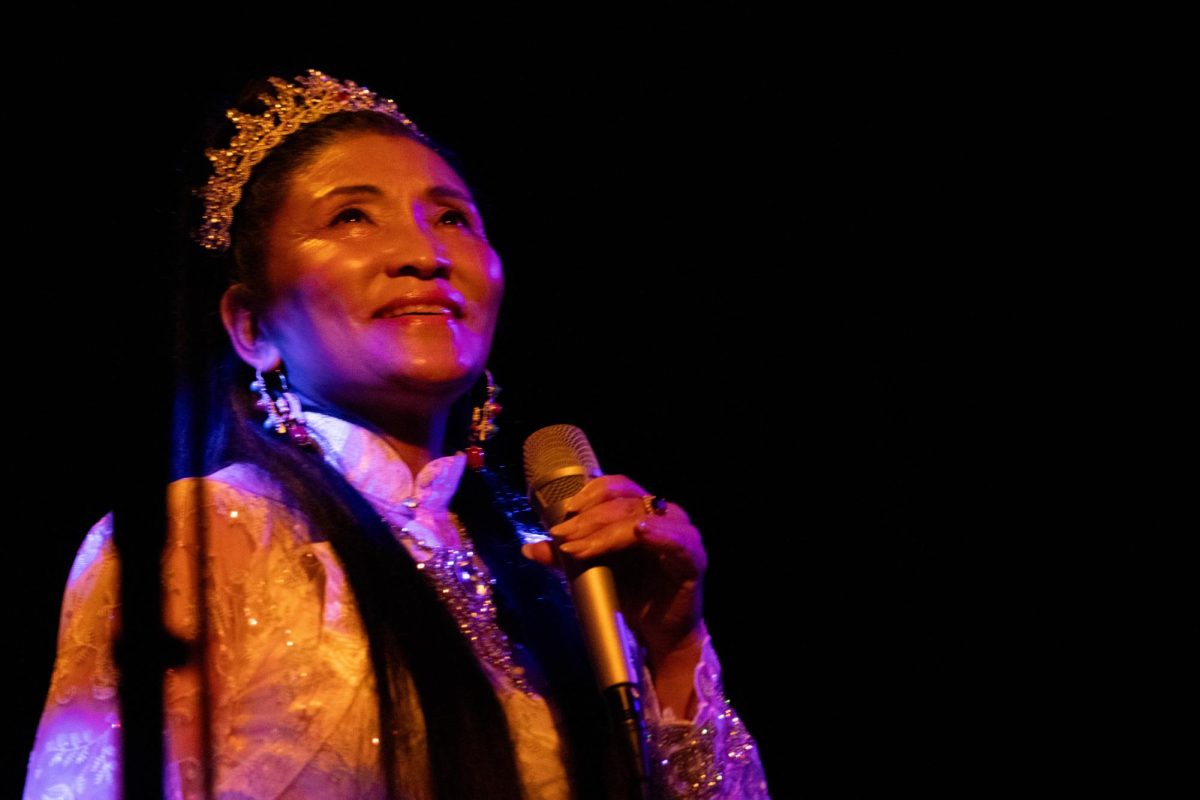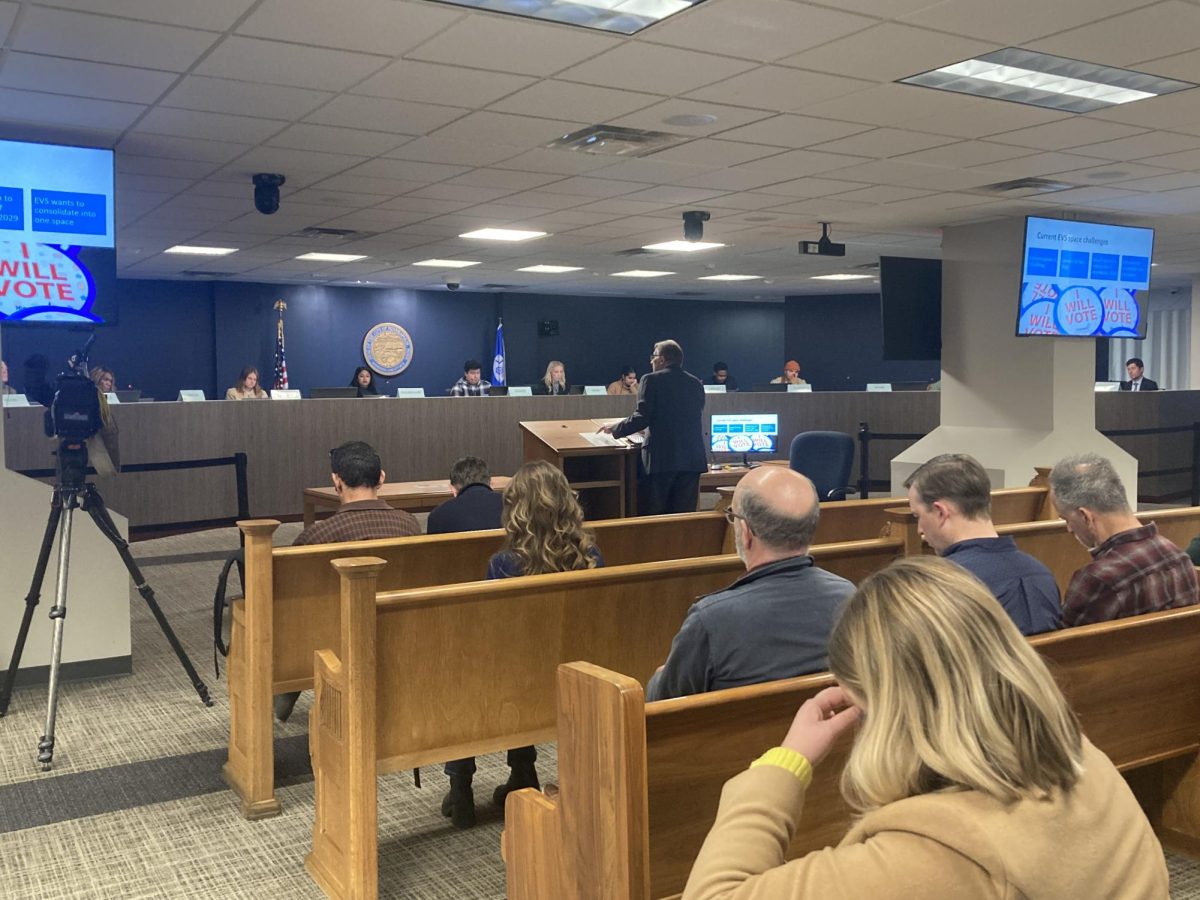As president-elect Donald Trump prepares to take office, the press — tasked with being the “eyes and ears of the public” — finds itself at a turbulent crossroads.
Experts at the University of Minnesota say Trump’s strained relationship with the press, and the populace’s general mistrust of news organizations, hold novel challenges for American politics and media.
According to Pew Research, only 22 percent of people in 2016 trust information they get from local news organizations and even fewer trust national news agencies.
With the prevalence of social media and alternative news outlets, people can “plug into their own media bubbles that … reinforce their own views,” said Paul Goren, professor of political science at the University.
Trump has exploited these self-selected “bubbles” to his advantage and will continue to do so during his tenure, Goren said.
The predominance of fake news stories on social media outlets also poses enduring challenges to the public’s understanding of current events.
“This whole fake news business is something that has been happening now as long as we have had ideological media for the past ten years,” said political science professor, Howard Lavine.
Journalism professor Jane Kirtley said there is a basic media literacy problem in the U.S. today.
“The loss of public confidence in media as a source of accurate info and context is the most disturbing aspect of [this election],” she said.
Trump and the Press
While adverse relations to the press are nothing new in U.S. presidencies, many say Trump is unique in his dismissal and critique of the journalistic institutions.
Presidential administrations often start with promises to be open with the press, Kirtley said, though very few live up to those claims.
“Former President Richard Nixon is the poster child for this,” she said.
Nixon’s mistrust of the media began in his vice-presidency when he made an “enemies list,” which included several journalists.
Kirtley — who worked as a journalist during Ronald Reagan’s administration — said Reagan, too, cracked down on leaks in order to keep journalists at bay.
President Barack Obama and Former President Bill Clinton’s administrations have also, at times, been uncooperative with the media by having a “bunker mentality,” Kirtley said.
Obama’s administration has faced criticism for using the Espionage Act to prosecute whistleblowers at a rate far more than any previous U.S. president.
There is a tendency for presidents to be suspicious of the media, said Larry Jacobs, director of the Center for the Study of Politics and Governance at the Humphrey School of Public Affairs.
“The media has a job to scrutinize the White House and presidents don’t like it,” Jacobs said.
The difference with Trump is his aggressiveness and open hostility toward the press — a tendency seen repeatedly on the campaign trail when Trump partitioned off the press at events and hurled insults at reporters, Jacobs said.
Aside from the general dismissal of mainstream media, Trump has also claimed he will revisit libel laws to keep the press in check.
During his campaign, Trump threatened to sue the New York Times for their coverage of his alleged sexual assaults.
Any attempts to sue or change laws to affect the press won’t be easy for Trump because First Amendment protections are strong in the U.S., said Goren.
“It’s possible that he can take the press to court, but I don’t think it will play out successfully,” he said.
Even if Trump isn’t forthcoming with the media, the press will report on him and his administration, said journalism Professor Chris Ison.
“I don’t think the media is going to be cowed by [Trump’s threats],” Ison said.
Whatever he does and however he acts, it’s the media’s duty to cover him fairly, he said, and Trump’s reluctance or evasiveness with the press won’t stop stories about him.
“The media is the eyes and ears of the public,” Ison said. “He is cutting off the public if he cuts off the media.”








